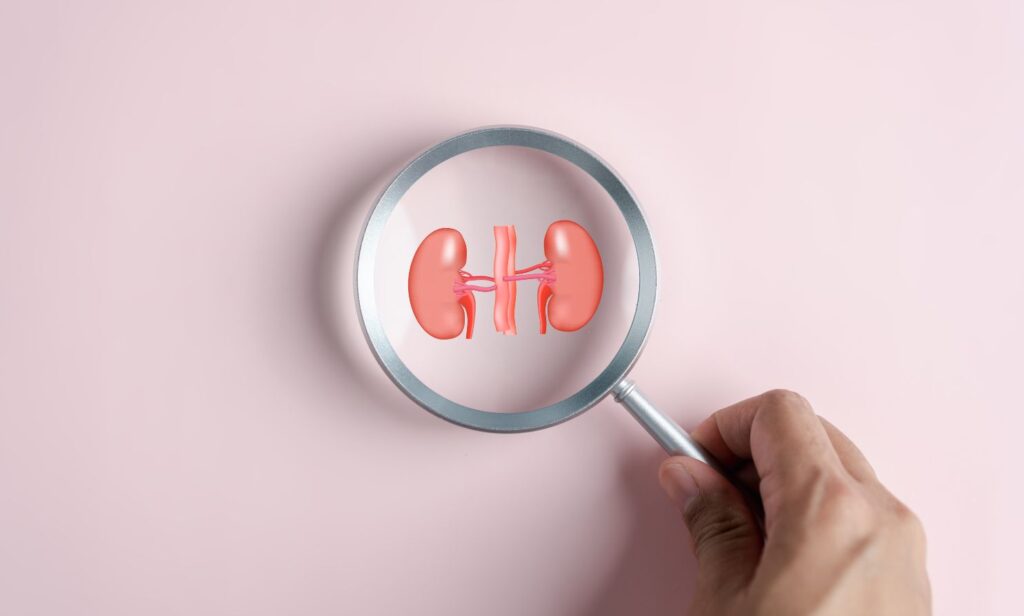As we age, maintaining good health becomes increasingly important, and regular screenings can play a vital role in detecting potential issues before they become serious. For those over 50, specific health tests can be life-saving by identifying problems early when they are most treatable. One such test is the private DEXA scan, which is crucial for assessing bone health and preventing serious complications. Here are five essential health tests that everyone over 50 should consider to help safeguard their health.
1. Bone Density Test: Protecting Your Skeletal Health
As you age, the risk of developing osteoporosis increases, especially for post-menopausal women. Osteoporosis is a condition where bones become brittle and fragile due to a loss of tissue, often resulting in fractures. A bone density test, such as a DEXA scan, measures the density of minerals in your bones and helps assess your risk of fractures.
This test is particularly important for those over 50, as early detection of low bone density can lead to interventions that strengthen bones and reduce the risk of fractures. By undergoing regular bone density tests, you can take proactive steps to maintain your skeletal health, such as dietary changes, supplements, or medications as recommended by your healthcare provider.
2. Cardiovascular Screening: Keeping Your Heart in Check
Heart disease is a leading cause of death worldwide, and the risk increases with age. For those over 50, cardiovascular screening becomes a crucial component of maintaining long-term health. This screening typically includes tests like cholesterol level checks, blood pressure measurements, and sometimes an electrocardiogram (ECG) to assess heart function.
By monitoring these indicators, you can catch issues like high blood pressure or high cholesterol early, both of which are major risk factors for heart disease. Early intervention can help you manage these conditions through lifestyle changes, medications, or other treatments, significantly reducing your risk of heart attacks or strokes.
3. Colonoscopy: Preventing Colorectal Cancer
Colorectal cancer is one of the most common types of cancer, particularly in those over 50. A colonoscopy is a key screening tool for detecting this type of cancer in its early stages. During the procedure, a long, flexible tube with a camera is used to examine the inside of your colon and rectum for polyps or other abnormalities that could develop into cancer.
The importance of a colonoscopy lies in its ability to not only detect cancer early but also to prevent it. Polyps found during the procedure can often be removed before they turn into cancer. For those over 50, especially with a family history of colorectal cancer, regular colonoscopies are an essential part of your health maintenance routine.
4. Blood Glucose Test: Monitoring for Diabetes
Type 2 diabetes is a growing concern, particularly for those over 50. This condition occurs when your body either resists the effects of insulin or doesn’t produce enough insulin to maintain normal glucose levels. A blood glucose test measures the amount of sugar in your blood and helps diagnose diabetes or prediabetes.
Regular blood glucose testing is vital because diabetes can lead to serious complications, including heart disease, kidney failure, and nerve damage if left unmanaged. Early detection through routine testing allows you to manage your blood sugar levels with diet, exercise, and medication, helping you avoid the severe consequences of uncontrolled diabetes.
5. Mammogram or Prostate Screening: Detecting Cancer Early
Cancer screening is a critical part of healthcare for those over 50, with mammograms for women and prostate screenings for men being two of the most important tests. Mammograms are X-rays of the breast that can detect early signs of breast cancer, often before any symptoms appear. Early detection through mammograms increases the chances of successful treatment.
For men, prostate screening involves a blood test for prostate-specific antigen (PSA) levels and sometimes a physical exam to check the prostate gland for abnormalities. Elevated PSA levels can be an early sign of prostate cancer, and further investigation may be needed if your levels are high. Regular screenings are key to catching these cancers early, when treatment is most effective.
Taking charge of your health as you age involves being proactive about screenings and tests that can detect issues early. By incorporating these five health tests into your regular healthcare routine, you can significantly reduce your risk of serious health problems and ensure that you enjoy a healthier, longer life.
Keep an eye for more news & updates on Essential Tribune!








